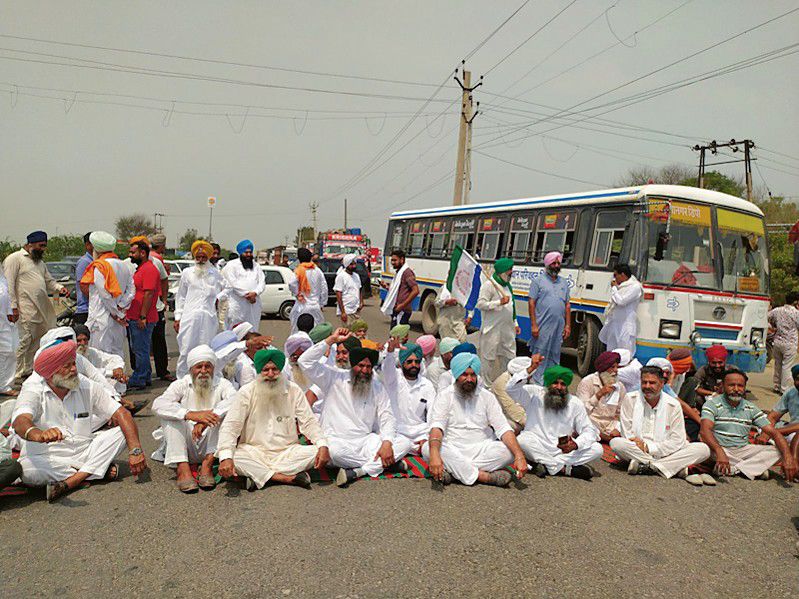Potash Mining Prospects in Punjab and Rajasthan
Recent developments have brought into light the potential for potash mining in Punjab and Rajasthan. The Punjab Mining Minister Barinder Kumar Goyal announced plans to explore potash reserves in Fazilka and Sri Muktsar Sahib districts. These reserves were identified through surveys conducted by the Geological Survey of India. This initiative aims to reduce India’s reliance on potash imports and strengthen the domestic fertiliser industry.
What Is Potash?
- Potash refers to a group of potassium-rich minerals.
- It is primarily used in fertilisers, with over 90% of its consumption dedicated to agriculture.
- Potash is one of the three essential nutrients for plant growth, alongside nitrogen and phosphorus.
- Different forms of potash exist, including Sulphate of Potash (SOP) and Muriate of Potash (MOP).
- SOP is chloride-free and favoured for high-value crops.
- MOP contains chloride and is commonly used for carbohydrate-rich crops like wheat.
Potash Reserves in India
- Punjab has emerged as the second state with potash reserves, following Rajasthan.
- The identified blocks in Punjab include Kabarwala, Sherewala, and Ramsara, spanning approximately 18 square kilometres.
- In Rajasthan, substantial deposits are found in the Nagaur-Ganganagar basin.
- Historical surveys from 1974 to 1991 and recent explorations since 2017 have confirmed these findings.
Challenges to Potash Mining
- Despite the identified reserves, potash mining in India has not yet commenced.
- Concerns regarding land acquisition have arisen among local farmers.
- The Geological Survey of India located deposits approximately 450 metres below the surface.
- Farmers fear their land may be taken for mining purposes, prompting protests.
- The minister assured that advanced drilling methods would minimise land impact and that no land acquisition would occur.
Economic Implications of Potash Mining
- The potential for potash mining in Punjab is expected to create jobs and boost regional economic development.
- The state government has begun the auctioning process for mining rights, with the Kabarwala block already approved for auction.
- However, the project’s progression hinges on addressing farmer concerns and ensuring their land rights are protected.
Government Actions and Future Steps
The Punjab government plans to conduct thorough environmental and social impact assessments before commencing mining operations. This approach aims to alleviate farmer concerns and promote transparency. The central government retains auctioning rights, while states receive royalties from extracted minerals. Once the auction process concludes, mining activities may begin, pending local approval.
Month: Current Affairs - February, 2025
Category: Agriculture Current Affairs







